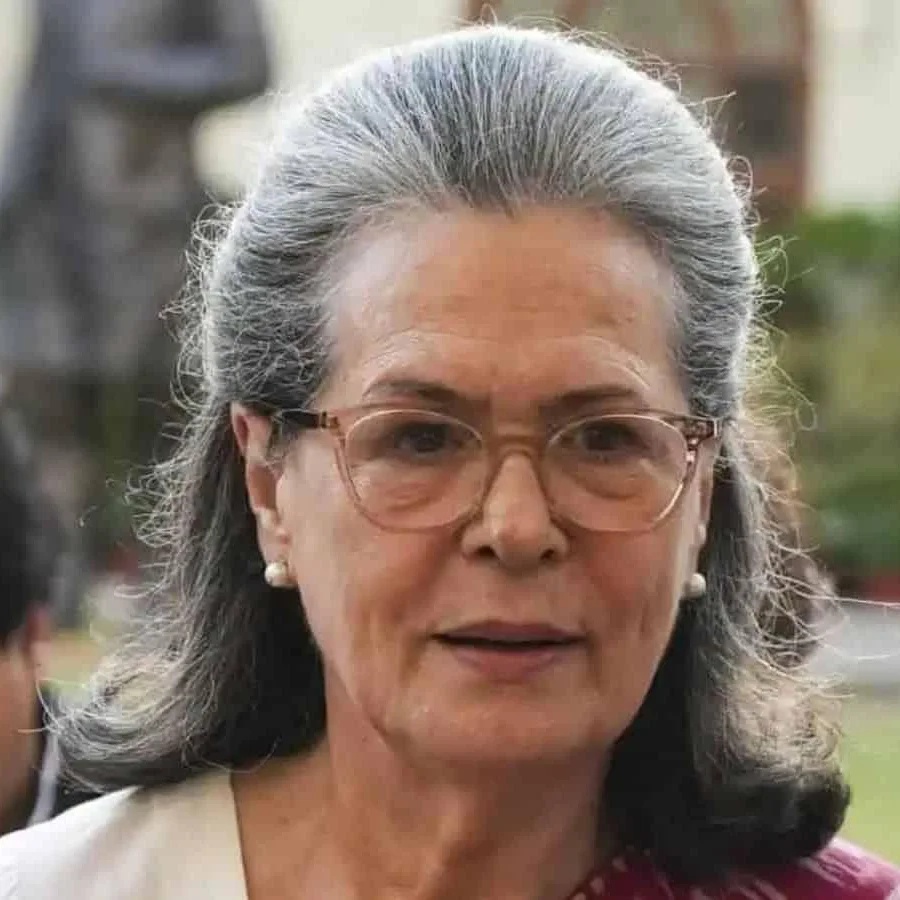A prominent voice in Indian politics, senior Congress leader Sonia Gandhi, is urging the government to prioritize a new population census. Speaking recently in the Rajya Sabha, Gandhi argued that relying on the 2011 Census data is causing a significant problem: approximately 140 million people are being excluded from the benefits they are entitled to under the National Food Security Act (NFSA).
The Need for Updated Census Data
Gandhi emphasized that using outdated information to determine NFSA beneficiaries is inherently unfair. The NFSA, a law designed to provide food security, was introduced by the UPA government. However, its effectiveness is now hampered by the fact that population numbers have grown substantially since 2011. An updated census is crucial to accurately reflect these changes.
Therefore, the call for a new census is about more than just numbers; it’s about ensuring that resources are distributed fairly and that those most in need receive the support they deserve. The lack of a recent population count creates a disparity, leaving many vulnerable individuals and families without access to essential food security benefits. As population demographics shift, the accuracy of resource allocation becomes increasingly important. Consider the implications of using outdated data on other critical programs; for example, social welfare schemes would also benefit from updated information.
Ensuring Fair Resource Allocation
Gandhi specifically pointed out that the current method of identifying beneficiaries under the NFSA is based on the 2011 Census. This means the government is not taking into account the substantial population growth that has occurred in the last decade. This discrepancy is at the heart of the issue, leading to a significant gap in coverage for those who qualify for assistance.
- The current system uses data that is over a decade old.
- Millions are excluded from the benefits they deserve.
- Accurate data is essential for effective policy.
The push for a new census aligns with ongoing discussions about how to best allocate resources and manage social welfare programs. An updated population census would provide a more accurate snapshot of the country’s current demographics and needs. This information is vital for effective policy-making, ensuring that government initiatives reach the intended recipients.
The Implications of Delayed Action
Continuing to rely on outdated data has significant implications. Millions could be missing out on essential support. A new census would not only rectify this issue but also provide a more accurate foundation for future policy decisions and resource allocation.
